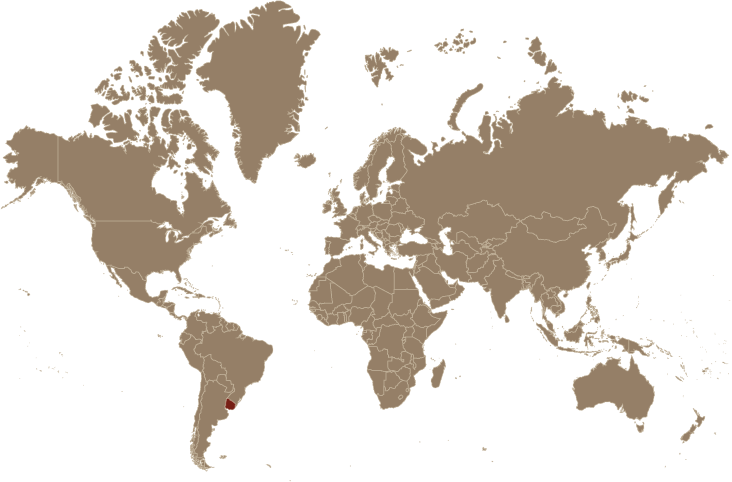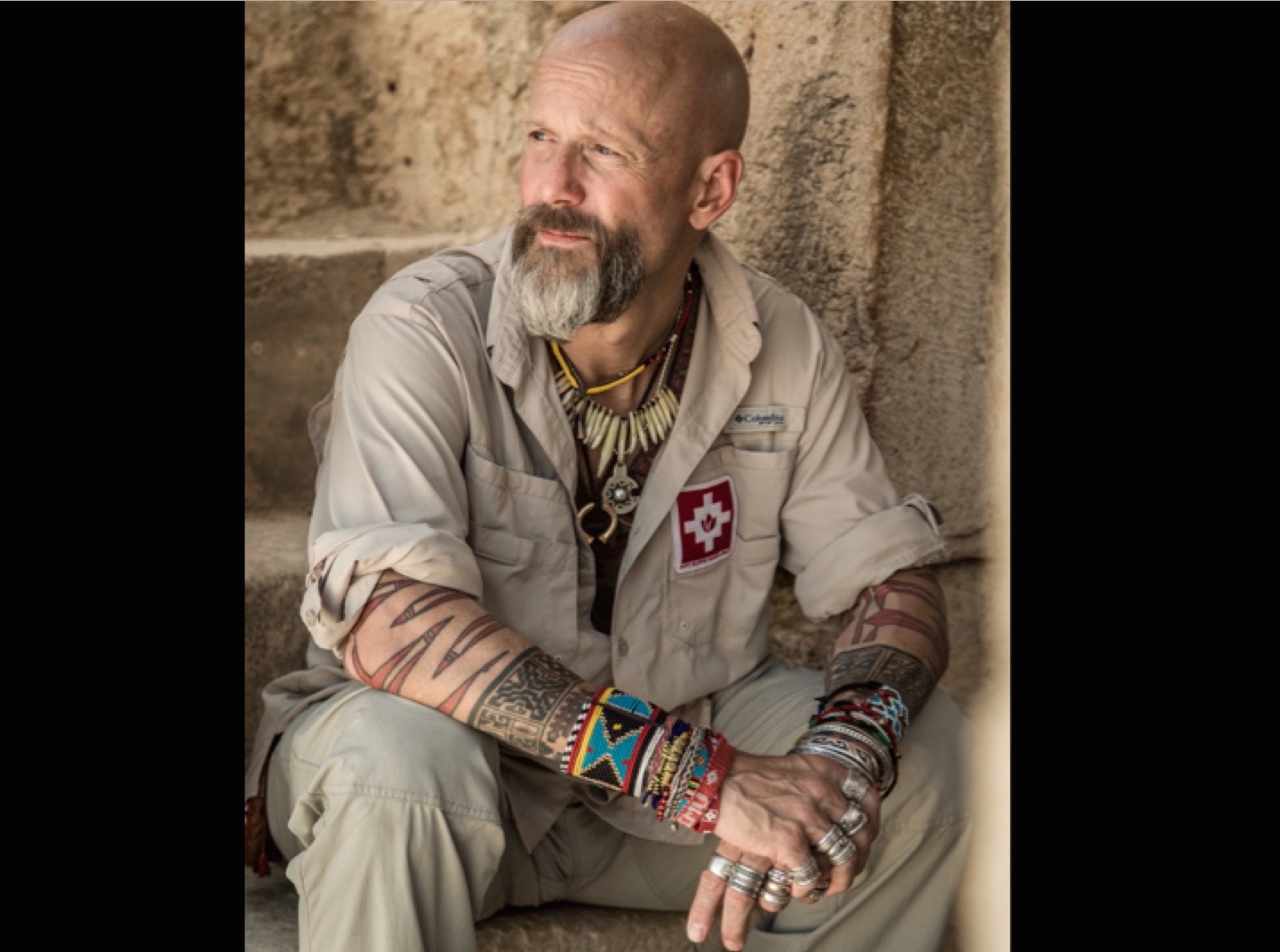SUMMARY
Inti Raymi Fund visited Uruguay and provided financial support directly to five underprivileged families of five incarcerated women locked up in the women’s prison of Montevideo, Uruguay. The Inti Raymi Fund was not interested in innocence or guilt, simply that tremendous collateral damage occurs when a daughter, a mother, a sister or grandmother becomes incarcerated. It affects everyone. Our role is not to judge, but provide a second chance and some relief in a difficult situation. Court costs, loss of wages, prison fees, required prison supplies like toilet paper & food, additional child support, grandparents taking care of their daughter’s children are difficult and costly. We decided to help.



